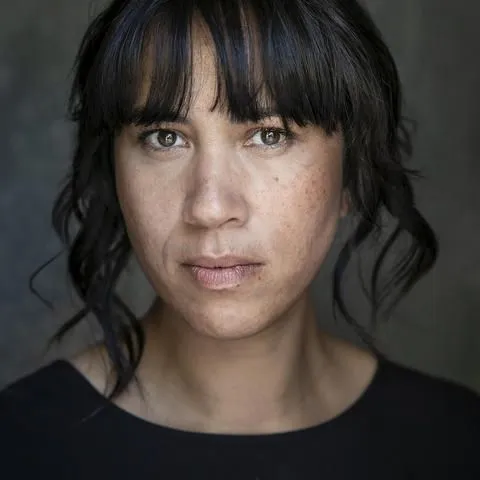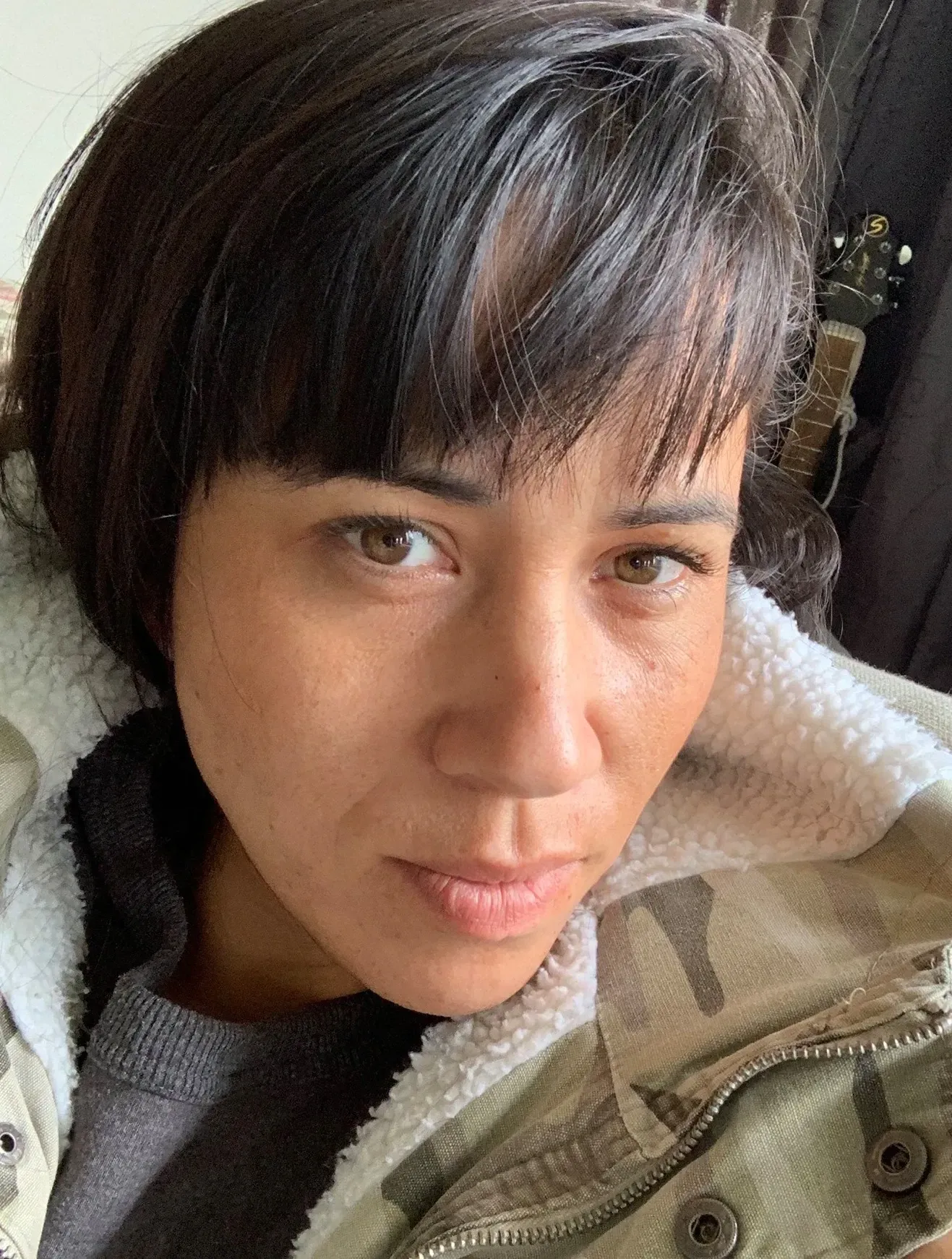I can tell you that I’m Māori but I still can’t recite my Pepeha
Written by
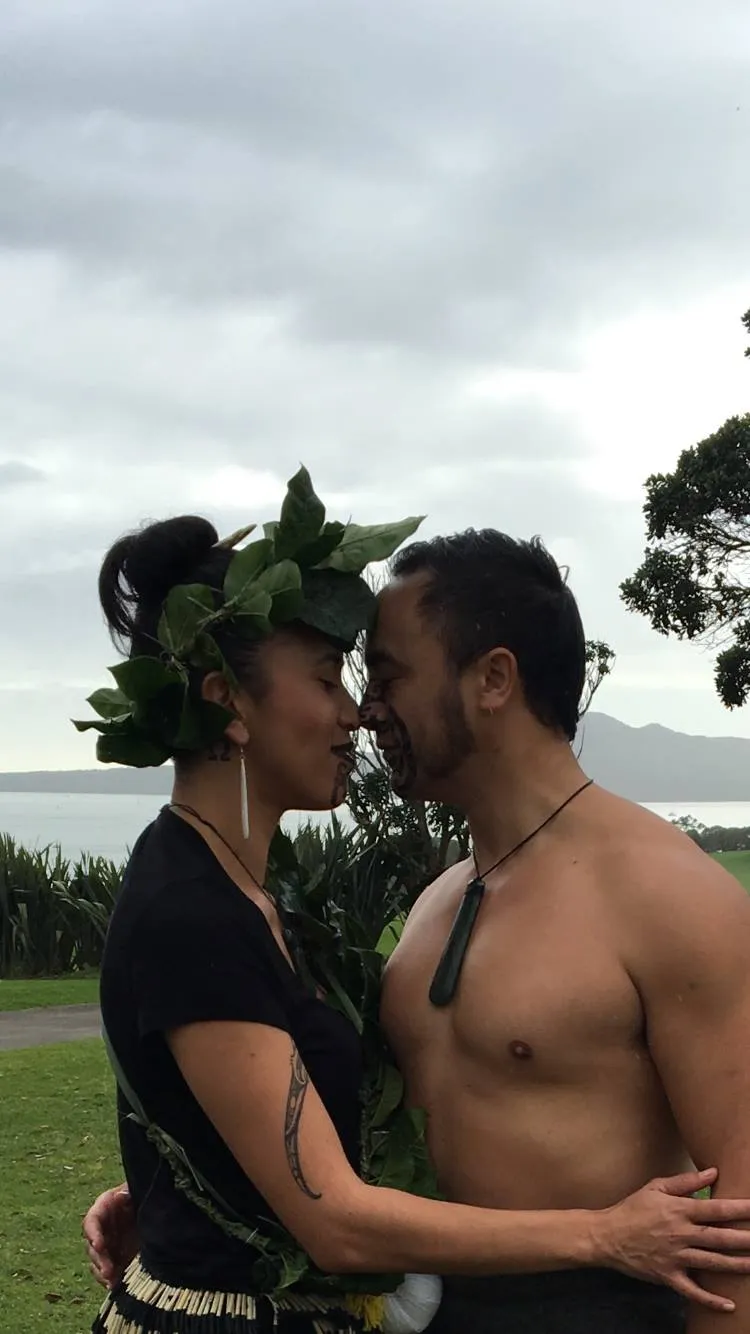
Te Wiki o Te Reo Māori may be over but our commitment to celebrating the language wherever possible remains.
The creative community is full of proud Māori men and women with stories to tell, messages to be heard and inspiration to be shared.
The Big Idea contributor, poet, screenwriter and playwright Annette Morehu penned one of our most-read articles in 2019 'I can tell you that I’m Māori but can’t recite my Pepeha.' Her raw and revealing kōrero about the 'Māori' in her and iwi privilege left a lasting impression.
We've asked her to update us on this personal and passionate journey.
I wrote this article a year and, what feels like, a lifetime ago.
At a time when I was, to be completely honest, figuring out my place within my husband’s iwi. I was also stepping into more Māori spaces within my work roles and feeling particularly aware of my not-knowing-much-about-how-to-actually-be Māori.
All I knew was my own version of being Māori, which isn’t exactly tūturu, and how I felt about being Māori. Growing up, a lot of those feelings weren’t exactly positive. Part of that I attribute to being raised completely disconnected from my iwi, and therefore my culture, the basics of which seems to be knowing your own pepeha.
While I was writing this article I was also working on a project with a Māori theatre company, and being in a room full of Māori who, for some reason or other; either their whānau were able to hold onto their reo and their tikanga despite all of the violent ways the settlers' government tried to steal it, or they did the hard yards and took it upon themselves to wrench it back through a formal education; but they were able to speak te reo Māori and observe tikanga in such a beautiful and natural way that made me uncomfortably aware of my suppressed feelings of not being ‘good enough’ in my Māoritanga. That they were somehow ‘better’ or ‘more’ Māori than me, as they were able to do all of the things that, at least in my mind, Māori who were raised Māori - on their papakainga, with their elders, and close to their marae - seem to know instinctively.
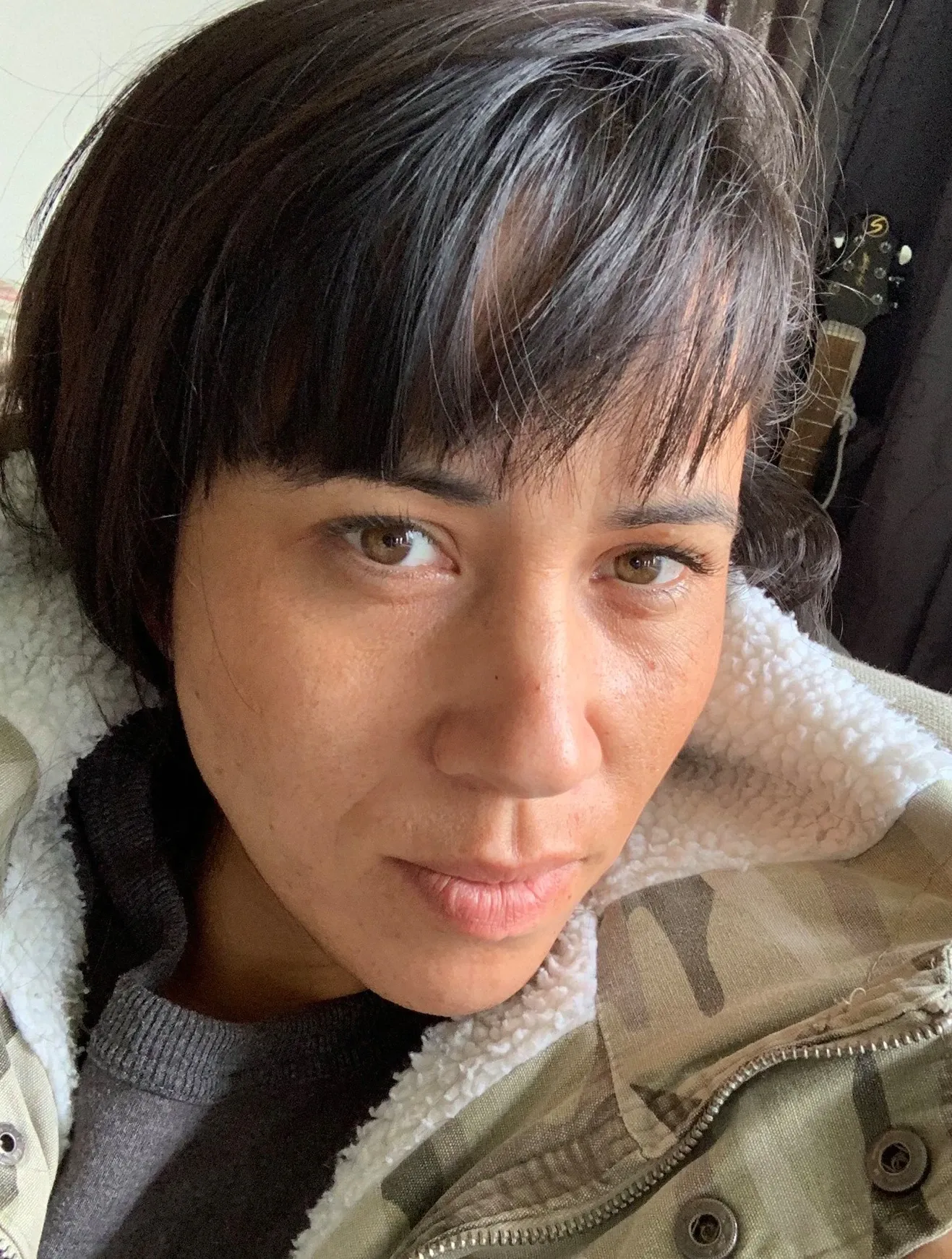
Annette Morehu.
A lot of the feedback I received when this article was first published was from other Māori telling me that I shouldn’t complain because all I have to do is ‘go home’ and then I can start learning my pepeha from there… which I feel missed the point.
What I meant to say (aside from pointing out that, in my opinion, classes have been created within te ao Māori as a result of the Treaty of Waitangi settlements, and each iwi subsequent ability to reinvest their wealth and find positive ways to redistribute it amongst their registered members), is that although I know where my Māori blood comes from, if I have so many options and all of the places I have called home throughout my life are in the rohe of precisely none of the many iwi that I whakapapa to, how do I choose which iwi/hapū to rep in my pepeha?
I’ve had this conversation with a few people who are more knowledgeable than me in te ao Māori, and ‘just pick one’ seems to be a popular answer.
So I used to trip over my words and recite the only pepeha I knew, from my mum’s grandfather’s iwi, because it was the only one I had been taught, and even then I only learned it as an adult:
‘Ko Tawhitirahi te maunga
Ko Awapuka te awa
Ko Tutūmaio te wahi tapu
Ko Waimirirangi te whare
Ko Potahi te marae
Ko Parengarenga te moana
Ko Mamari te waka
Ko Ruanui te tangata
Ko Te Aupouri te Iwi
Ko Annette ahau’
But after sitting through many hui where I observed that your pepeha serves to show others how you’re connected (‘Te Arawa? Sis, we’re cousins!”), I felt that my koro’s pepeha wasn’t an accurate representation of who I am and where I am from.
So I started speaking my own version of my pepeha in te reo Pākehā, the language I have full control over:
‘Kia ora e te whānau,
I was born in Whangārei and raised in the Hokianga so I grew up thinking I was Ngāpuhi, and that to be Māori was to be Ngāpuhi, however… we are not.
My mother’s maternal grandmother is from Te Arawa
Her maternal grandfather is from Tūhoe
Her paternal grandmother is from Te Rarawa
Her paternal grandfather is from Te Aupōuri
My father is a Pākehā and his mother is mostly of Irish descent, by way of free passage to Australia, if you know what I mean...
And his father immigrated here from England in 1953 on a ship called ‘Captain Cook’.
And I currently live in Orākei with my Ngāti Whatua husband, our four tamariki, and our two dogs.’
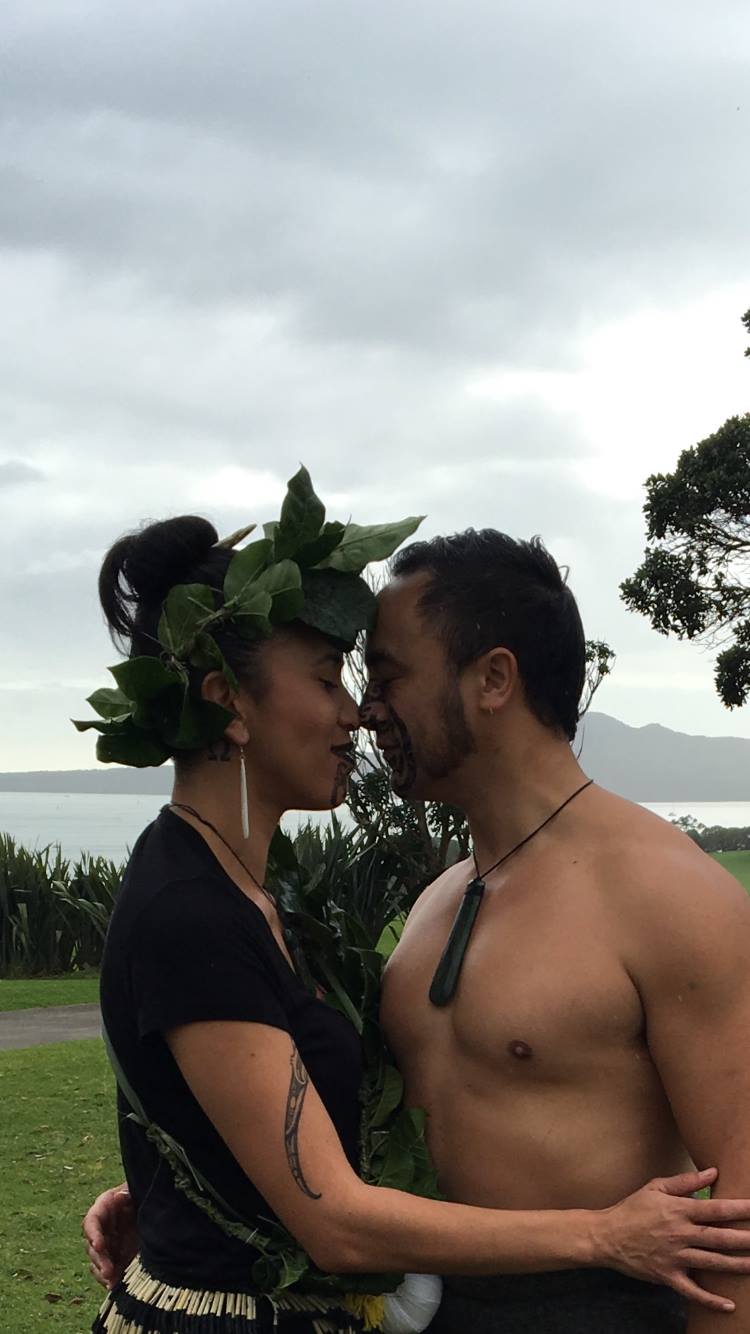
Annette performing a hongi with her husband on his marae in Orākei.
But although I feel like this accurately captures who I am and where I am from, and it has served me well over the years and helped me to develop connections, it isn’t a pepeha and I know that.
So I have recently decided to ‘just pick one’, as I’ve felt a calling to follow the lines of my maternal lineage and set out on a journey of discovery to learn my maternal grandmother's pepeha.
I come from a long line of Te Arawa women and I would like to honour that in my pepeha because that is where I come from. I am the dreams of all of the women who came before me.
And hopefully in a year's time from now, I will be able to accurately report my pepeha in a way that I feel, not just proud, but wholly represented.
